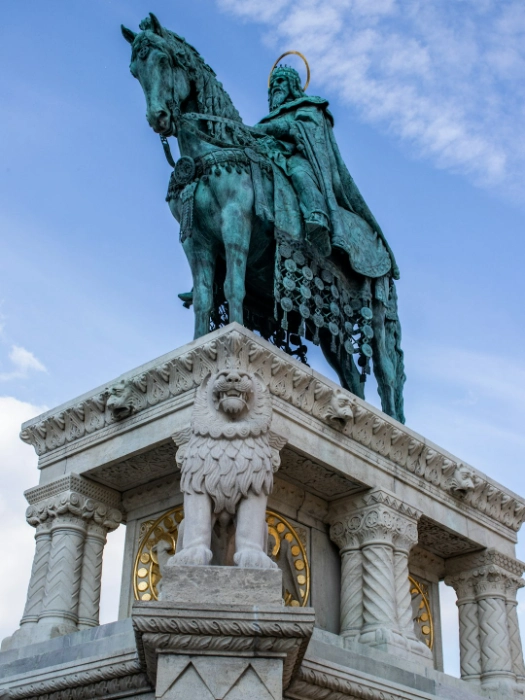King Jeroboam II, the son of Jehoash (Joash), was the thirteenth king of Israel in the northern kingdom and reigned during the early eighth century B.C., around 793–753 B.C. His reign is recorded in 2 Kings 14:23–29. Jeroboam II's reign is significant for its political achievements, spiritual failures, and its place within God’s redemptive history.
Political Achievements
Jeroboam II presided over a period of unprecedented political and economic prosperity for the northern kingdom. Under his leadership, Israel expanded its borders significantly, reclaiming territories lost to Aram (modern Syria) and restoring the northern boundaries of Israel from Hamath in the north to the Dead Sea in the south. This restoration fulfilled the prophecy of Jonah, son of Amittai (2 Kings 14:25). Jeroboam II’s successes were largely due to the weakening of Israel’s enemies, such as Assyria, which was preoccupied with internal struggles during this period.
Economically, Jeroboam II’s reign saw significant wealth and trade growth. However, this prosperity was unequally distributed, leading to great social injustice, as the wealthy elite exploited the poor. The prophets Amos and Hosea ministered during his reign, denouncing the corruption, greed, and oppression that characterized Israelite society.
Spiritual Failures
Despite his political achievements, Jeroboam II is remembered in Scripture as an evil king who "did what was evil in the sight of the Lord" (2 Kings 14:24). He perpetuated the idolatrous practices established by Jeroboam I, the first king of the northern kingdom, who set up golden calves at Bethel and Dan to discourage Israelites from worshiping in Jerusalem. Jeroboam II’s reign saw the continuation of syncretism and idolatry, where the worship of Yahweh was mixed with pagan practices.
The prophets Amos and Hosea strongly criticized the spiritual state of Israel during this time. Amos highlighted the people's empty religious rituals, exploitation of the poor, and moral decay (Amos 2:6–8; 5:21–24). Hosea portrayed Israel as an unfaithful spouse, emphasizing their covenant infidelity and spiritual adultery (Hosea 1–3). Jeroboam II, as the leader of Israel, bore responsibility for these failures and for leading the nation deeper into sin.
God’s Sovereignty and Grace
Jeroboam II’s reign demonstrates God’s sovereignty and grace in redemptive history. Despite Israel’s unfaithfulness and Jeroboam’s personal sin, God preserved the nation, fulfilling His covenant promises to Abraham and David. The territorial expansions under Jeroboam II served as a reminder of God’s mercy, even amid judgment.
However, the prosperity of Jeroboam II’s reign was a temporary reprieve. Following his death, the northern kingdom descended into political instability, culminating in its conquest and exile by Assyria in 722 B.C. This decline fulfilled the warnings of Amos and Hosea, who called Israel to repentance but were largely ignored.
Conclusion
Jeroboam II’s reign illustrates the tension between God’s judgment and mercy. Politically and economically, his rule brought Israel to a zenith, but spiritually, it marked a low point of covenant unfaithfulness. His story serves as a warning of the consequences of idolatry and social injustice, while also affirming God’s faithfulness to His redemptive plan.

